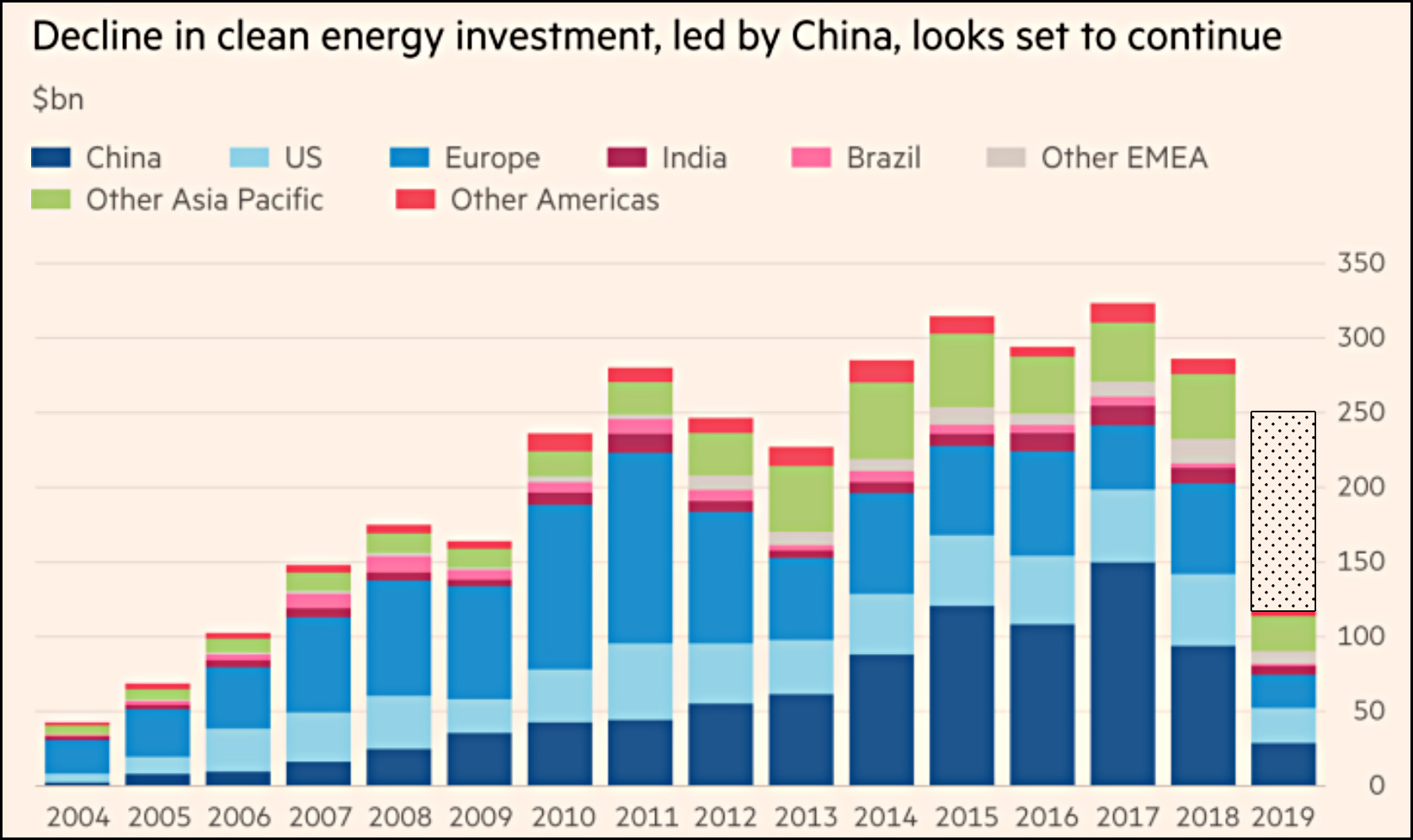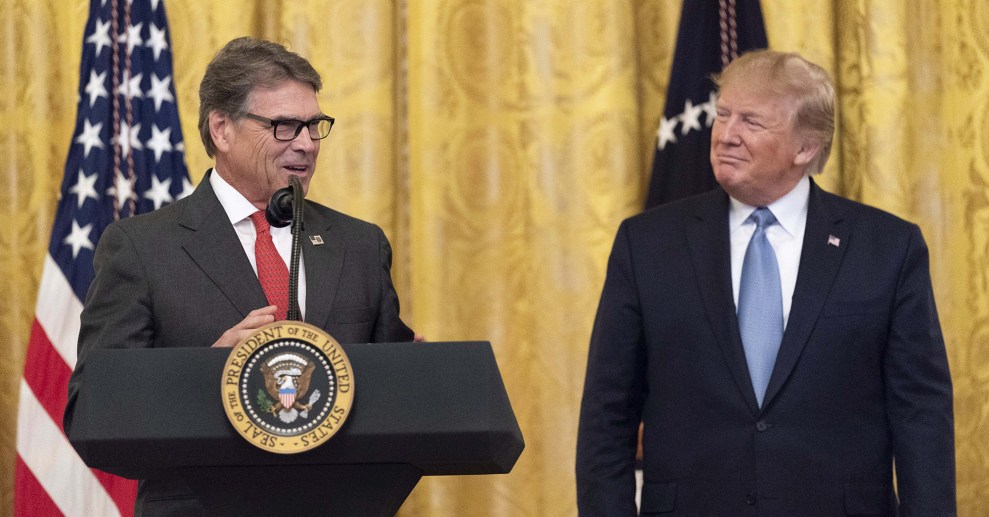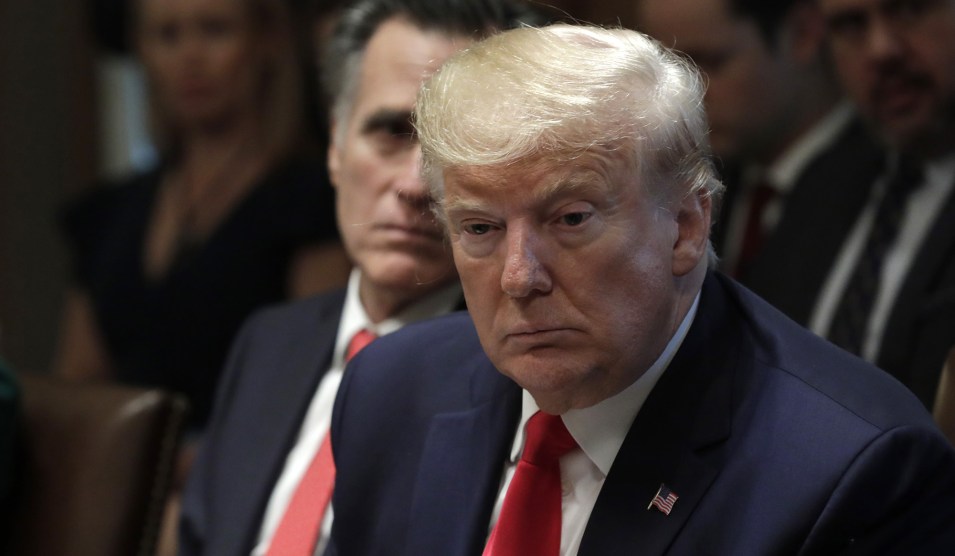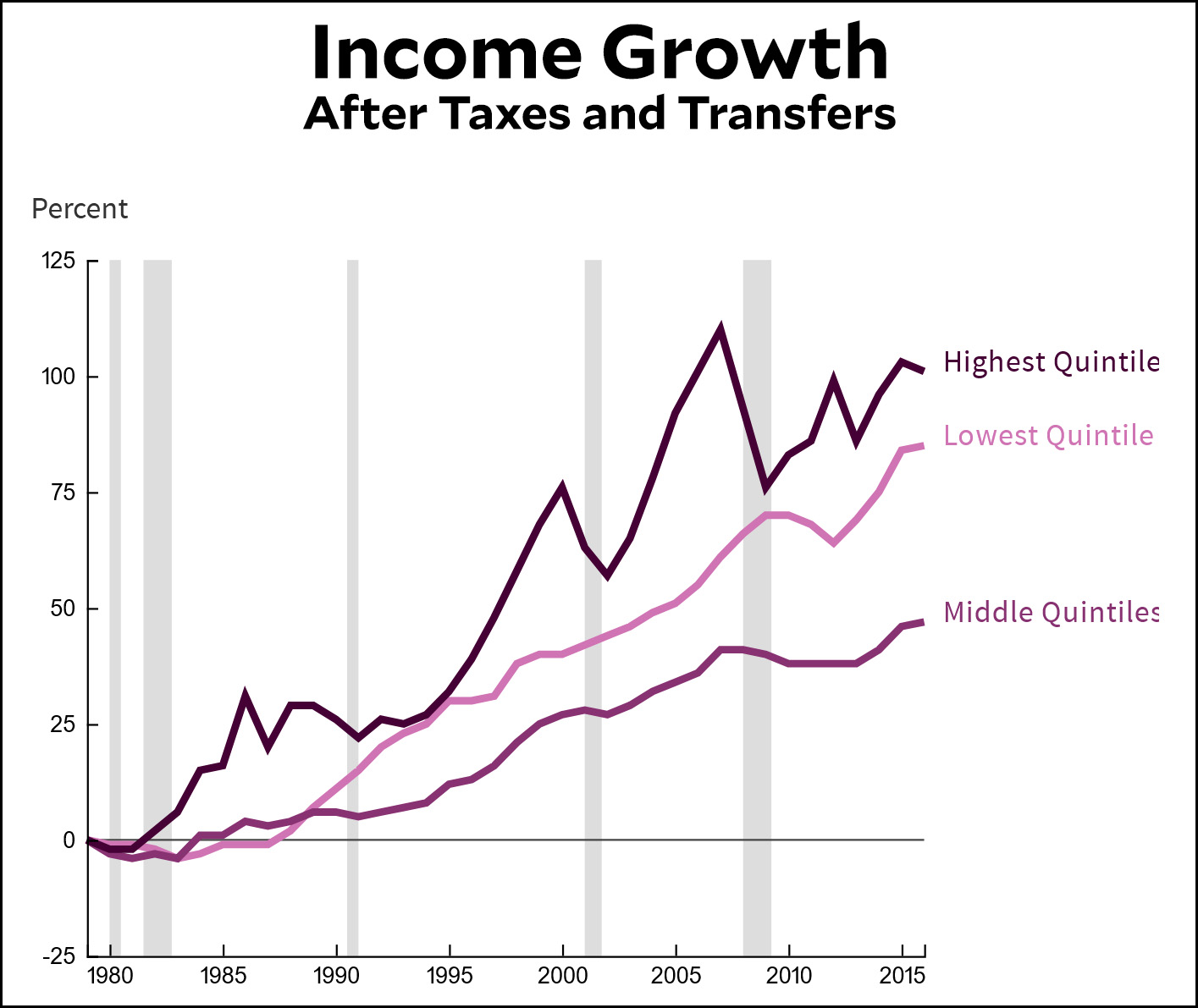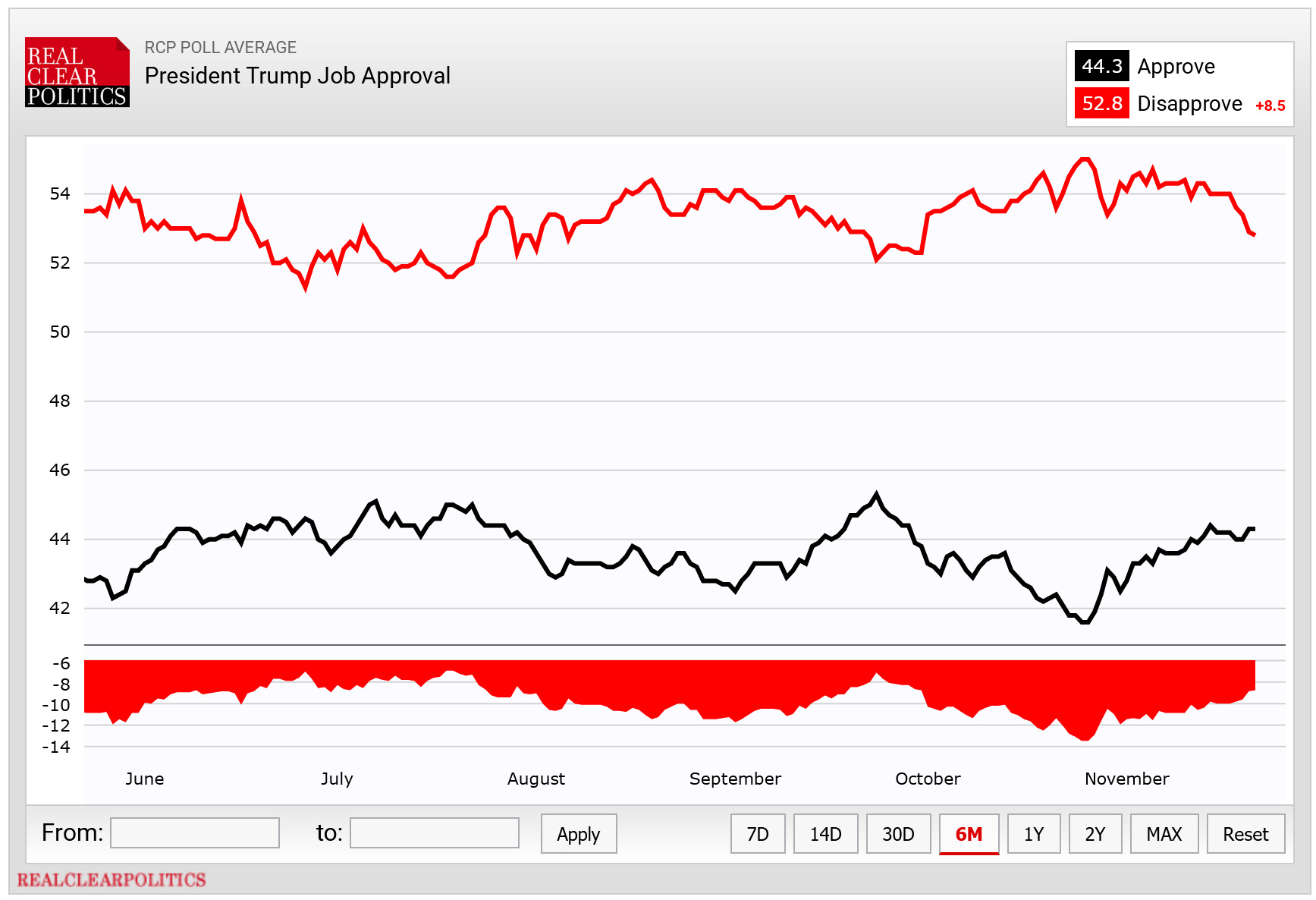So far, the impeachment hearings appear to be a bust, public opinion-wise:
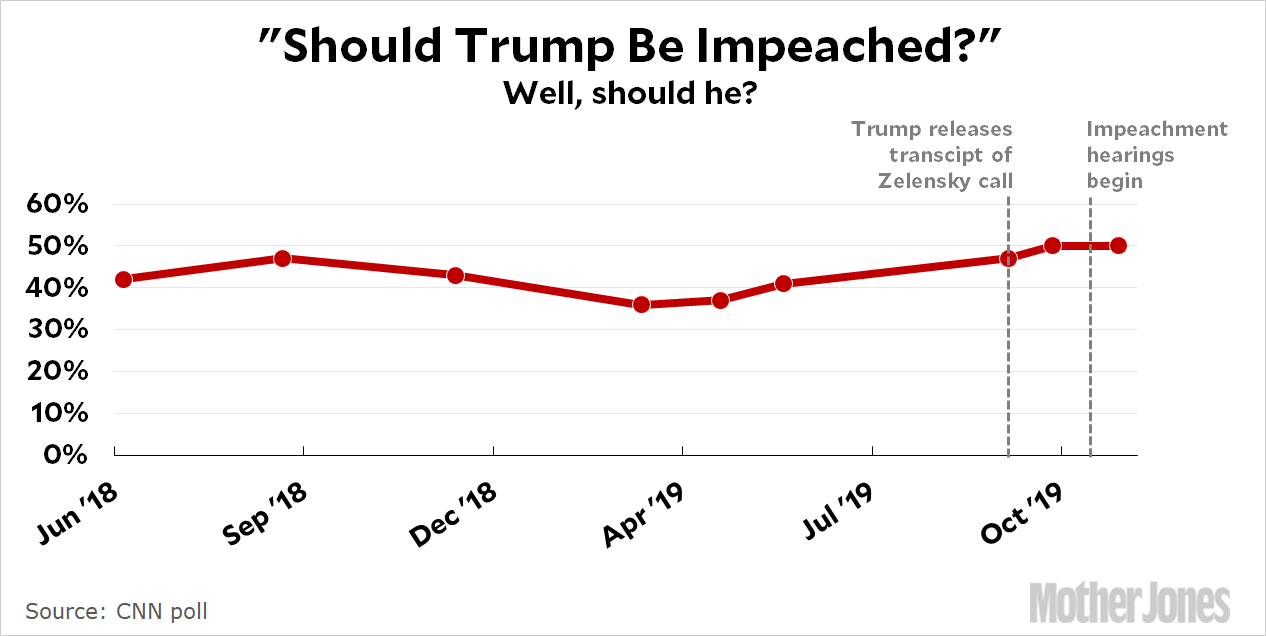
There’s a bit of an uptick after President Trump released the transcript of his “do us a favor” call with Ukraine’s president, but that’s about it. The actual public impeachment hearings didn’t move the needle at all.
The crosstabs pretty much tell the story here. Roughly speaking, Democrats are 90 percent in favor of impeachment, Republicans are 90 percent against impeachment, and independents are split 50-50. As usual, Democratic and Republican leaners feel the same way as Democrats and Republicans, so the only truly undecided group is the tiny number of genuine indies in the middle. That’s maybe a tenth of the electorate or so, which means that public opinion just doesn’t have very far to move. The only way to change that is for something to become public that’s too heinous for even Fox News to paper over.
This is unfortunate in a rule-of-law sense, but perhaps not so much in an electoral sense. Barring some kind of spectacular meltdown, this means that Democrats can’t rely on some external force helping them out next November. They just have to win. No whining about the electoral college; no whining about voter suppression; no whining about the unfairness of the Senate. Just figure out a way to appeal to lots of different people and win the election.
Pro tip: Most people are really self-centered. They’ll vote for the candidate who promises them specific things that will help them personally. Students? Free or reduced-cost college. Young women? Childcare. Working-class men? Unions and big infrastructure programs. Middle-class folks? More generous Obamacare. The elderly poor? Higher Social Security payments. Environmentalists? Big bucks for climate change R&D. You get the idea. Democrats don’t have to propose gigantic, universal programs that cost a fortune. They just need to propose targeted programs that will bring in votes from the middle-class groups they need. But don’t worry. Over time, those targeted programs will get better and better.



